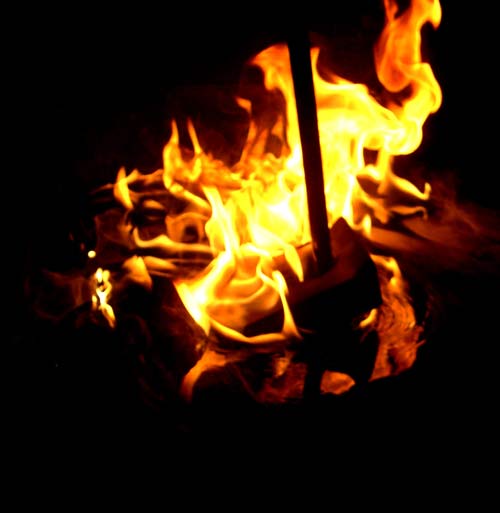Heat Sources of
Brazing

The heat for brazing is typically
provided by a hand-held torch, a furnace or an induction heating
system. Other techniques include dip brazing and resistance brazing.
Torch brazing is often used for small
assemblies and low-volume applications. A “neutral” flame with a
bluish to orange tip, a well-defined bluish white inner cone and no
acetylene feather works the best; a flame with a colorless tip can
cause oxidation. Although the quality of the joint is largely
dependent on operator skill and consistency is sometimes an issue,
torch brazing requires only a small investment and is very popular.
Furnace brazing does not required a
skilled operator, and is often used to braze many assemblies at
once. This method is only practical if the filler metal can be
prepositioned. Furnaces normally must be left on 24/7 to eliminate
long start up and cool down delays, and are not particularly energy
efficient.
Dip brazing is used for small wires,
sheets and other components that are small enough to be immersed.
The parts are dipped in a molten flux bath which doubles as the
heating agent. Resistance brazing is effective for joining
relatively small, highly conductive metal parts. Heat is produced by
the resistance of the parts to the current.
Induction heat has the advantages of
speed, accuracy and consistency. In a well-designed induction
system, each part is identically positioned in the induction coil
and the filler material is carefully regulated. This type of system
consistently and quickly delivers a precise amount of heat to a
small area. The induction heating power supply’s internal timer can
be used to control cycle time; temperature control feedback for each
individual part can be provided with thermocouples, IR thermometers
or visual temperature sensors. Induction
furnaces are also available for high volume brazing
SOURCE |